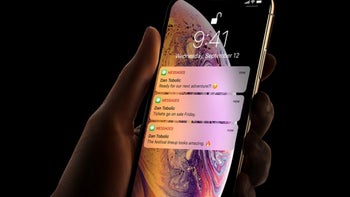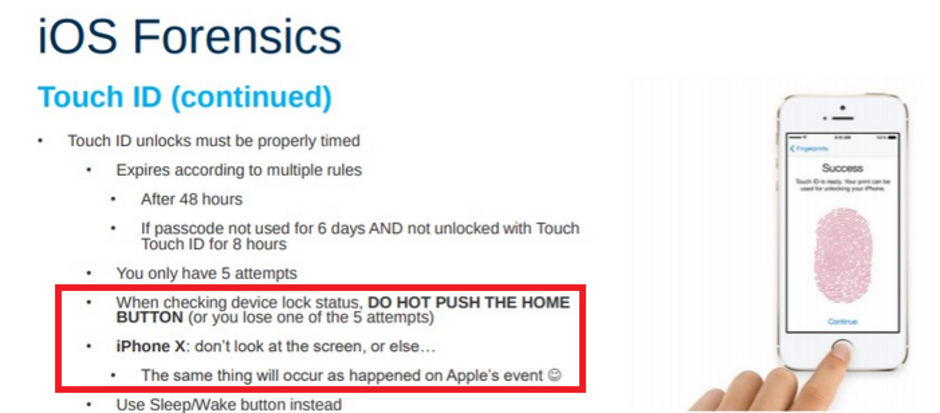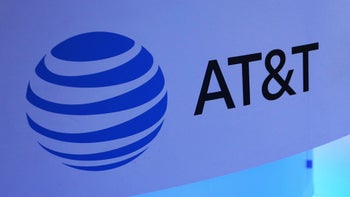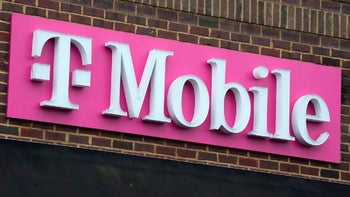Law enforcement warned: Don't look at the screens of iPhone models belonging to suspects

Police and other law enforcement officials are being told not to look at the screen of any Apple iPhone model with Face ID that belongs to a suspect. A slide created by forensics company Elcomsoft for a presentation, and obtained by Motherboard, includes the following comment: "iPhone X: don’t look at the screen, or else… The same thing will occur as happened on Apple’s event." That refers to Apple's unveiling of the iPhone X in 2017, during which company executive Craig Federighi was unable to use his face to unlock the phone. Instead, Federighi was forced to type in his passcode to unlock the device.
According to Elcomsoft CEO Vladimir Katalov, if a cop looks into the display of a Face ID enabled iPhone, it could take up one of the five attempts that users have to open their phone with the facial recognition system. After the fifth attempt, the phone requires the successful entry of a passcode to unlock. What makes this a big deal is that fifth amendment rights against self-incrimination can be used by a suspect to refuse turning over his iPhone's passcode. However, the same rights do not apply to a face or fingerprint because these are personal features not given the same protection under the law as a passcode is.
If law enforcement accidentally uses up all five Face ID attempts and forces the use of a passcode to open a particular iPhone, the suspect or defendant can decide to invoke the fifth amendment and decline turning over the code to police. What happens if cops manage to look away from the screen before using up the five attempts? Ask Grant Michalski. As we told you last month, FBI agents armed with a search warrant went to Michalski's home and forced him to open his iPhone X using Face ID.

Forensics firm Elcomsoft warns cops not to look at Face ID enabled iPhone screens













Things that are NOT allowed: